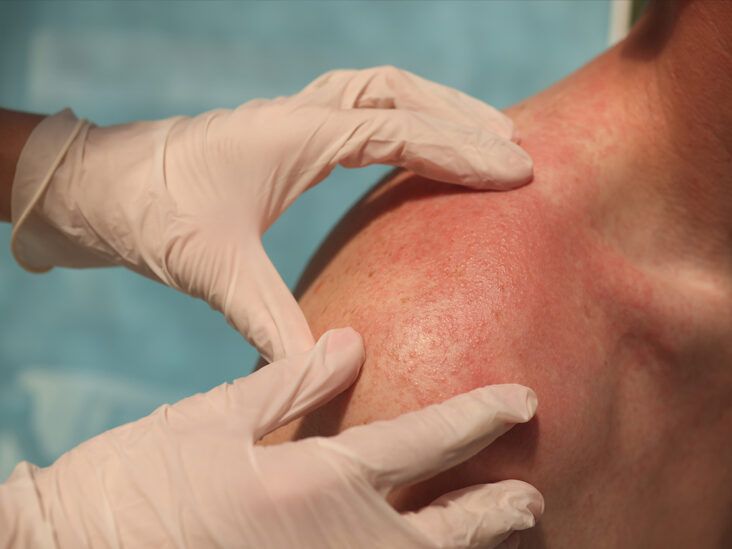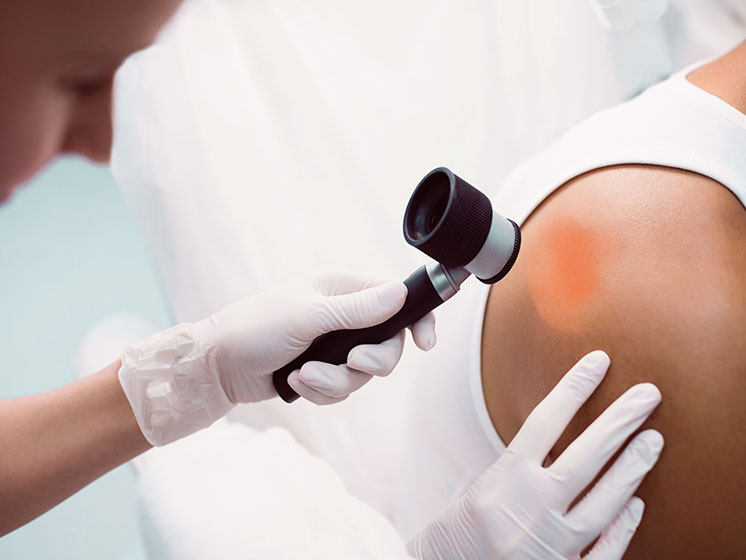Address your hair loss by visiting a professional hair care expert.
Address your hair loss by visiting a professional hair care expert.
Blog Article
Browsing Skin Cancer Therapy: The Important Function of Mohs in Modern Dermatology Practices
Skin cancer, a daunting diagnosis, usually leaves clients grappling with numerous therapy alternatives. As we explore the ins and outs of this procedure, one will value its crucial role in skin cancer treatment.
Recognizing Skin Cancer Cells: Types and Dangers
There are three main kinds of skin cancer cells: Basic cell cancer, Squamous cell cancer, and Cancer malignancy. It accounts for just concerning 1% of skin cancer situations yet creates the vast majority of skin cancer cells fatalities. Threat factors consist of fair skin, history of sunburn, too much sun exposure, living at high elevations or shut to the equator, having many moles, a family members background of skin cancer, and deteriorated immune system.
What Is Mohs Surgery and Exactly How It's Changing Skin Cancer Cells Therapy
Despite the numerous treatments currently offered for skin cancer, Mohs surgical treatment stands out as a groundbreaking and extremely efficient option. Called after Frederic E. Mohs, the medical professional that created the treatment, Mohs surgery is an accurate surgical technique used to treat skin cancer cells. This degree of accuracy, incorporated with the ability to spare as much healthy tissue as possible, is reinventing skin cancer cells therapy.
The Benefits of Mohs Surgical Treatment Over Standard Skin Cancer Treatments
Building on the cutting-edge nature of Mohs surgery, it's essential to consider its various benefits over standard skin cancer cells treatments. Unlike standard treatments, Mohs offers a greater cure price, often reaching 99% for first-time therapies and 94% for recurrent my link cancers. Furthermore, it decreases damage to healthy skin, leading to much less scarring and enhanced aesthetic results.
The Treatment of Mohs Surgical Treatment: What to Expect During the Process

Possible Adverse Effects and Post-Operative Treatment of Mohs Surgery
Undertaking Mohs surgery, like any type of various other operation, includes possible negative effects that individuals should recognize. Usual negative effects include pain, bruising, and swelling at the surgical treatment website. These are usually short-term and workable with over the counter discomfort medicine and ice packs. In uncommon cases, clients may experience infection, bleeding, or an allergy to the anesthetic. Post-operative treatment is crucial to healing and decreasing adverse effects. This normally involves maintaining the injury clean and completely dry, taking proposed medicines, and staying clear of arduous activities. Clients must likewise participate in all follow-up appointments for injury treatment and surveillance. her explanation Sometimes, additional treatments may be needed to make sure full elimination of the cancerous cells. Sticking to these post-operative treatment standards can greatly enhance recovery and results.
Conclusion

Report this page